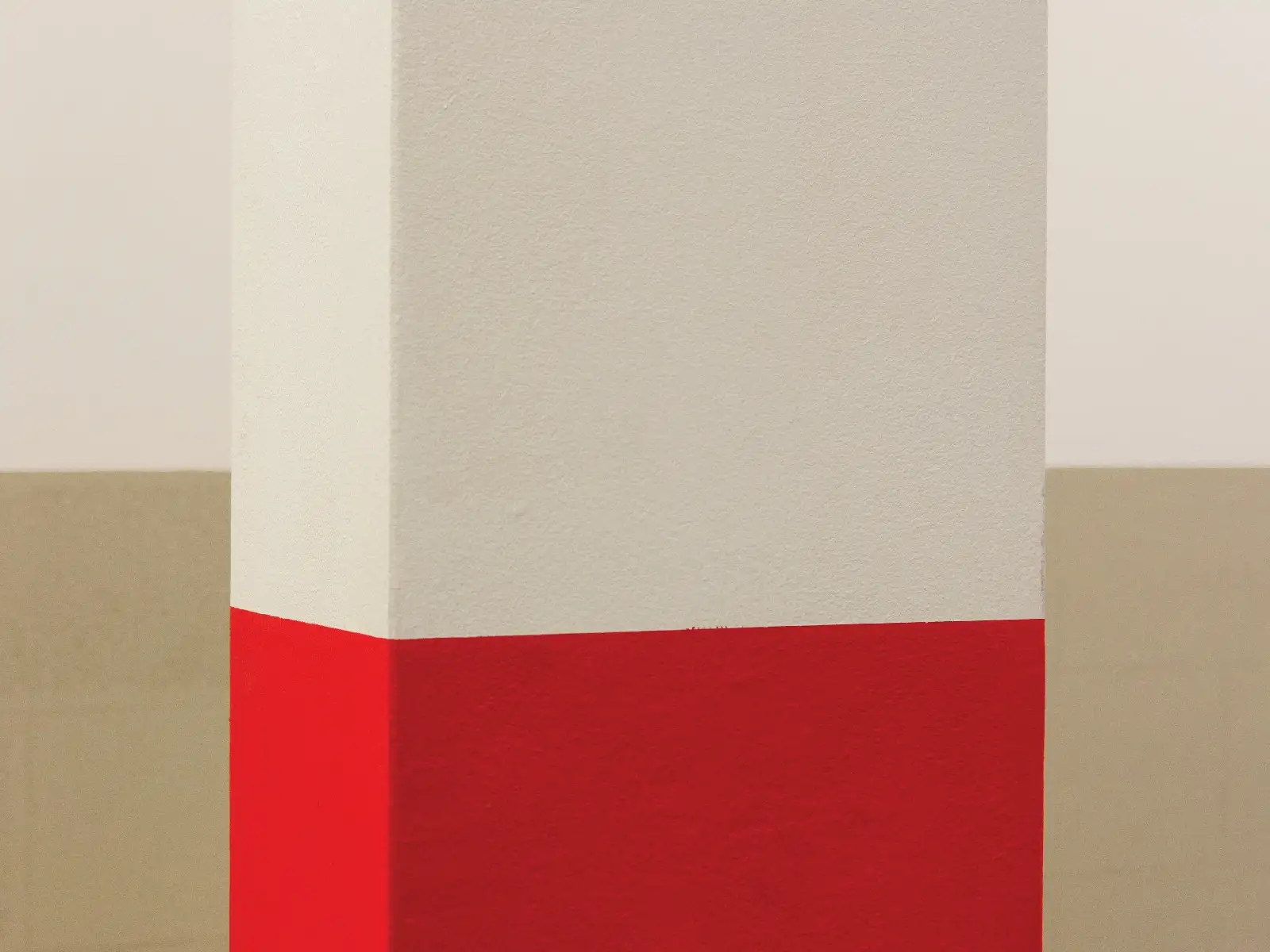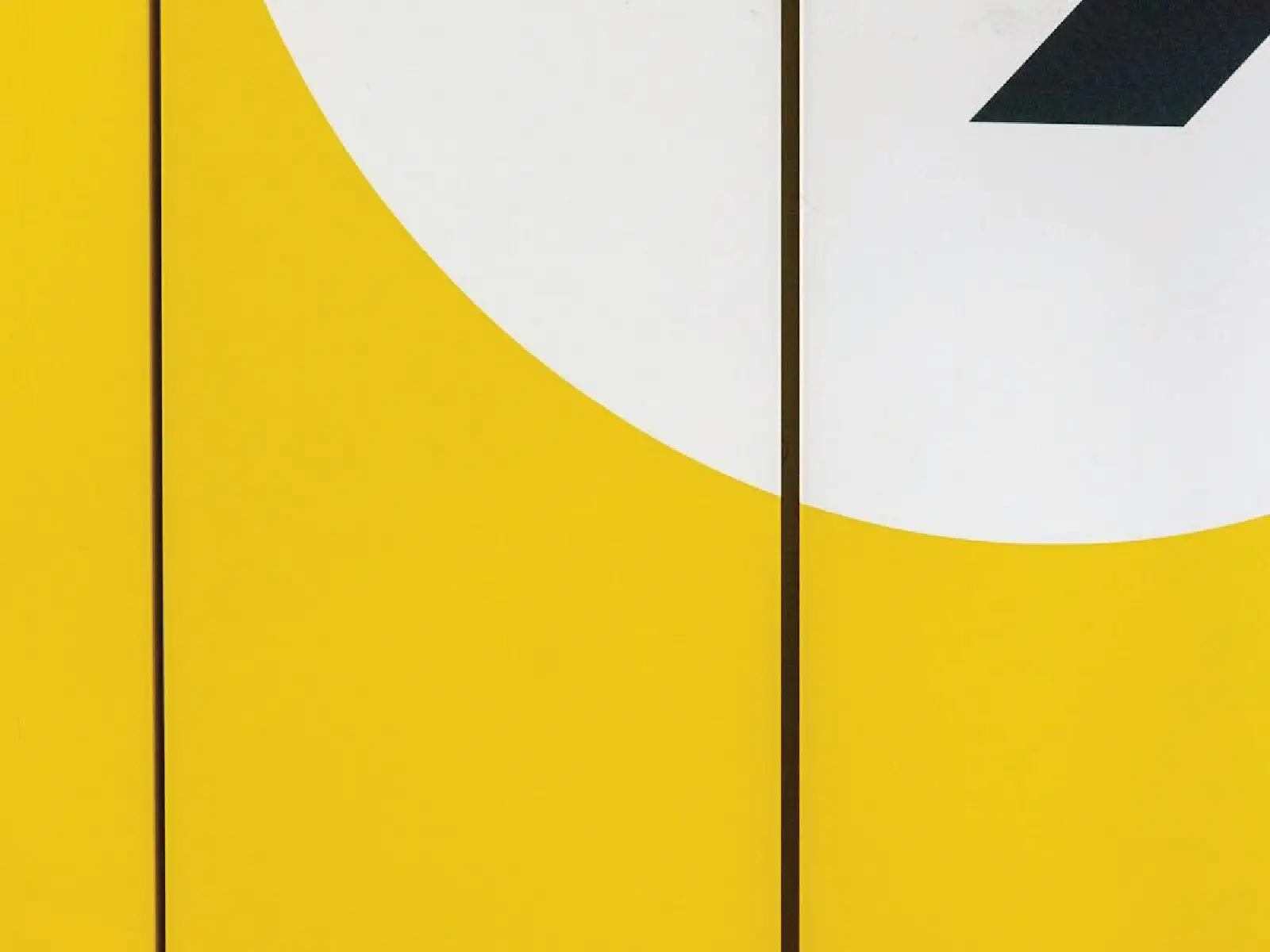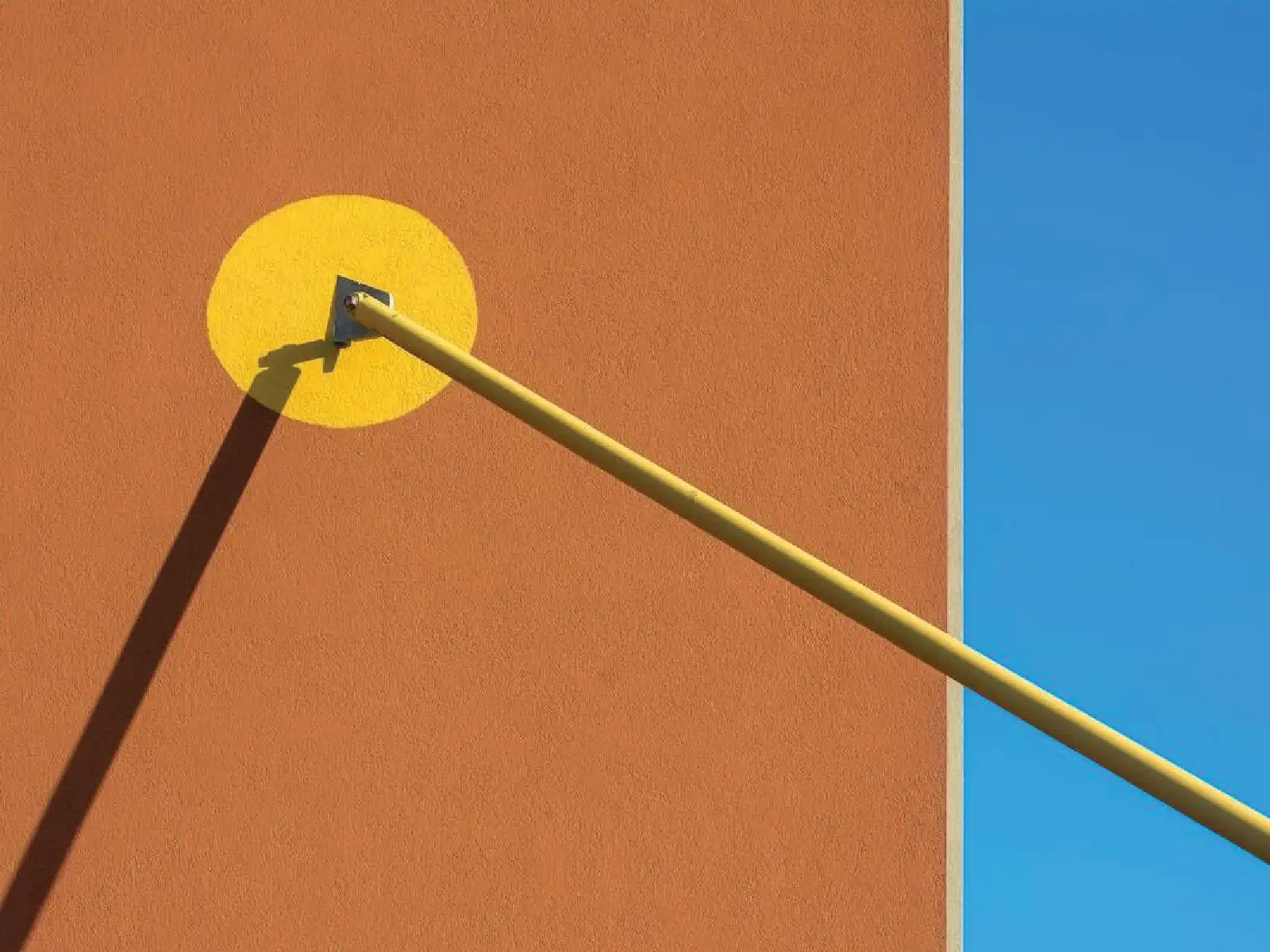THE SMELL HIT ANTHONY BOURDAIN FIRST – star anise and fish sauce mingling with motor oil and cigarette smoke on a Saigon street corner. He was sitting on a plastic stool, sharing bánh mì with former enemies, and in that moment he understood something the rest of us keep missing: every meal is an act of diplomacy, every shared dish a small revolution.
In the summer of 1978, while disco français pulsed through the underground salons of Paris, something equally profound was happening around tables across the world. People were breaking bread, sharing wine, and in those moments of communion – over coq au vin in Lyon, tagine in Marrakech, or noodles in Tokyo; they were unconsciously weaving the fabric of human civilization itself.
Bourdain saw what the rest of us missed: that the act of eating together, of sharing culture through food and drink, was never just about sustenance. It was about ideology, identity, resistance, and love. “Food is everything we are,” he wrote. “It’s an extension of nationalist feeling, ethnic feeling, your personal history, your province, your region, your tribe, your grandma. It’s inseparable from those from the get-go.”
His final Instagram post was a simple image: a meal shared with friends. Even at the end, he understood that the act of eating together was both the most mundane and most sacred of human rituals. It was our way of saying: you matter, we are connected, we are not alone in this strange and beautiful world.
Today, as we stand at the precipice of an algorithmic age that threatens to atomize human experience into data points and optimization metrics, Bourdain’s words carry the weight of prophecy. We are witnessing the potential dissolution of the very cultural exchanges that have defined our species for millennia—the slow, organic process by which civilizations have always learned from one another, adapted, and evolved.
The Alchemy of Cultural Exchange
Picture that Parisian salon of ’78: smoke-veiled chambers where Cerrone’s hypnotic synths pulse beneath conversations about Godard and Sagan. The Basque canapés speak to centuries of cultural cross-pollination between France and Spain. The wine carries the terroir of specific valleys, the accumulated knowledge of generations of vignerons. The music itself – a fusion of African rhythms, European orchestration, and American innovation – represents the beautiful chaos of cultural collision and synthesis.
This is how culture has always worked: messily, organically, through the simple act of humans coming together, sharing what they have, and creating something new in the process. The croissant is Austrian. Pasta likely came from China. The tomato that defines Italian cuisine was a New World import. Every dish tells a story of migration, conquest, trade, love, and adaptation. Every meal is a small act of cultural diplomacy.

Bourdain understood this intuitively. When he ate street food in Lagos or shared a home-cooked meal in rural Vietnam, he was documenting not just flavors, but entire worldviews. He was showing us how ideology is transmitted through the most intimate of human activities: the sharing of nourishment. His shows were never really about food—they were about power, history, identity, and resistance.
When you sit down to eat with someone (really eat with them, not just consume calories in their presence) you are engaging in one of humanity’s oldest and most essential rituals. You are acknowledging our shared vulnerability, our common need for nourishment, our fundamental interdependence. “If you’re twenty-two, physically fit, hungry, and willing to eat anything, sleep anywhere, and travel light,” he wrote, “the world is your oyster.”
But what happens when the algorithm decides what we eat? When recommendation engines determine not just our next meal, but our next cultural experience? When the messy, unpredictable process of human cultural exchange gets optimized, streamlined, and reduced to data points?
The Digitization of Desire
Imagine opening your food delivery app and seeing not just restaurants, but entire cultural possibilities reduced to star ratings and delivery times. A hole-in-the-wall Ethiopian place – where the owner’s grandmother’s berbere recipe carries the weight of centuries – becomes just another data point competing for your attention against pizza and burgers. The algorithm doesn’t know that this meal might change how you understand spice, hospitality, or the complex history of the Horn of Africa.
Social media algorithms create echo chambers that reinforce our existing preferences rather than exposing us to the beautiful friction of the unknown. Streaming services curate our cultural consumption based on behavioral patterns and demographic profiles, ensuring we never have to risk the discomfort of encountering something truly challenging.
The efficiency is seductive. Why struggle with the anxiety of choosing from an unfamiliar menu when an algorithm can predict exactly what you’ll enjoy? Why risk the discomfort of encountering challenging art when a recommendation engine can serve up content perfectly calibrated to your existing tastes?
But this efficiency comes at a cost that Bourdain would have recognized immediately: the death of discovery, the elimination of serendipity, the slow erosion of our capacity for cultural courage. When algorithms mediate our cultural experiences, we lose the beautiful awkwardness of not knowing how to hold chopsticks properly, the embarrassment of mispronouncing a wine’s name, the small revelations that come from tasting something completely unfamiliar.

Remember Bourdain’s description of his first meal in Vietnam: “Everything was delicious. Everything was revelatory. I was, in that moment, a changed man.” No algorithm could have predicted that a bowl of pho would fundamentally alter his understanding of what food could be, what travel could mean, what it meant to be human in the world.
More troubling still, we lose the ideological complexity that has always been embedded in these cultural exchanges. When Bourdain ate with former enemies in Vietnam, he wasn’t just sharing a meal; he was participating in a form of soft diplomacy that no algorithm could replicate. He was acknowledging the humanity of people his government had once tried to kill, and in doing so, he was challenging the very notion of permanent enmity.
The Politics of the Palate
Food has always been political. The wine you drink, the music you listen to, the way you set your table – these are all statements of identity, allegiance, and aspiration. They are expressions of ideology, whether conscious or not. The French Revolution was fought, in part, over bread. The Boston Tea Party was fundamentally about the politics of commodity and culture. The Civil Rights Movement included lunch counter sit-ins because eating together – or being denied the right to eat together – is a fundamental expression of social equality.
Consider the simple act of choosing to eat at a family-run Lebanese restaurant instead of a chain. You’re not just selecting food – you’re supporting a story of immigration, resilience, and cultural preservation. You’re participating in the economy of belonging, the politics of hospitality. These choices carry weight that no algorithm can measure.
But algorithms don’t have worldviews, they have objectives. They optimize for engagement, not enlightenment. They maximize profit, not human flourishing. They create filter bubbles, not cultural bridges. When we allow them to mediate our cultural experiences, we risk losing the very thing that makes us human: our capacity for empathy, growth, and transformation through encounter with the other.
The Future of Human Communion
This is not a Luddite’s manifesto against technology. The tools of the digital age have given us unprecedented access to global culture, allowing us to discover music, food, and art from every corner of the world. But we must be intentional about how we use these tools, ensuring that they enhance rather than replace the fundamental human experiences that bind us together.
The future of human culture lies not in the complete rejection of algorithmic assistance, nor in its wholesale embrace, but in the conscious cultivation of what we might call “cultural courage” – the willingness to seek out experiences that challenge us, that make us uncomfortable, that force us to confront our assumptions and expand our understanding of what it means to be human.

This means occasionally ignoring the algorithm’s recommendations and choosing the unfamiliar restaurant. It means traveling not just to Instagram-worthy destinations, but to places that don’t photograph well but transform you nonetheless. It means cooking recipes that intimidate you, listening to music that challenges you, and engaging with art that doesn’t immediately make sense.
Most importantly, it means preserving and creating spaces – physical and virtual – where the messy, inefficient, beautiful process of human cultural exchange can continue to flourish. Spaces like that Parisian salon of ’78, where different traditions could collide and create something new, where ideology could be challenged and transformed through the simple act of breaking bread together.
The salons clandestins of the future will not be hidden from governments, but from algorithms. They will be spaces where human beings come together to share not just food and drink, but stories, ideas, and dreams. They will be places where the beautiful chaos of cultural exchange can continue to flourish, where the next generation can learn not just what to consume, but how to commune.
As we navigate the algorithmic age, we must remember that the future of human culture will not be determined by the sophistication of our recommendation engines or the efficiency of our optimization algorithms. It will be determined by our willingness to continue seeking out those moments of genuine human connection, those opportunities for cultural courage, those chances to be surprised, challenged, and transformed by encounter with the other.
What makes us human is not our ability to optimize, but our willingness to be vulnerable, to be open, to be changed by the simple act of sharing a meal with someone whose story is different from our own. That is the inheritance Bourdain left us, and it is one we must fiercely protect as we write the next chapter of human civilization.
The algorithm may know what we want to eat, but only we can decide who we want to become. And that decision, like all the most important ones, happens not in isolation, but around a table, with others, sharing the feast of human culture in all its messy, inefficient, beautiful complexity.
Back to that Saigon street corner, that plastic stool, that moment of recognition: Bourdain understood that every meal is a choice between algorithm and authenticity, between efficiency and empathy, between consumption and communion. The future of human culture depends on which we choose.






